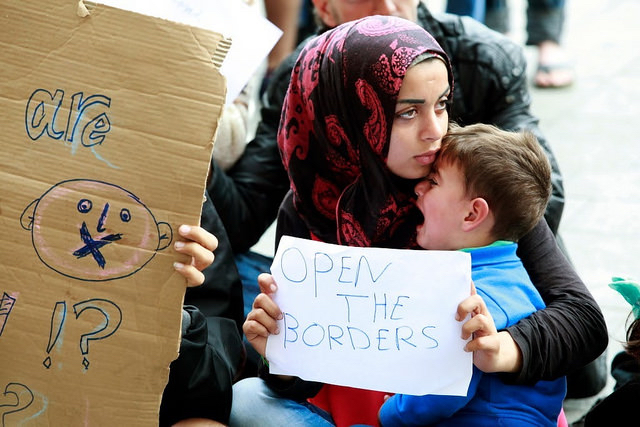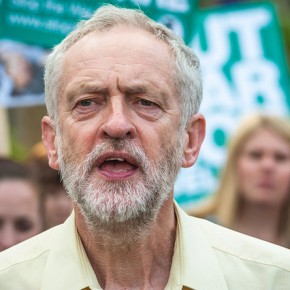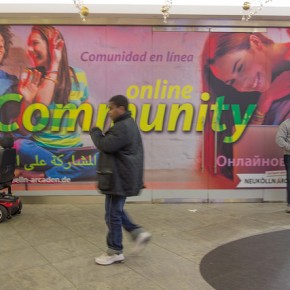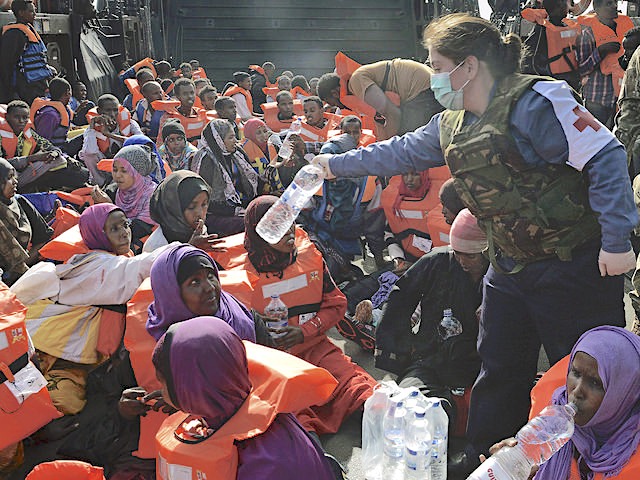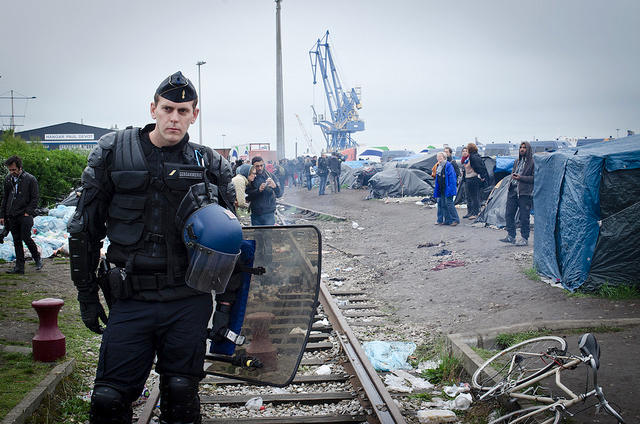In May, the European Commission first proposed a quota system for distributing refugees in the EU. Despite the difficulty the executive has had in obtaining approval for it, countries hit hardest by the crisis, such as Italy, Greece and Malta enthusiastically support the plan, as do EU heavyweights France Germany. Ideally, their buy-in would make the difference.
Unfortunately, there has been no such approval from member states. In fact, Poland, the Czech Republic, Slovakia and Hungary, have most significantly halted the initiative, making any kind of action impossible. A September 14 meeting in Brussels failed to get the proposal adopted, and a new meeting, scheduled for October, doesn’t look promising either. Fierce xenophobia, throughout Eastern Europe, but most particularly in Hungary, is driving this.
Hungary is fighting the hardest to avoid the new quota system, while at the same time doing its best to avoid an influx of refugees in Hungary itself, letting the situation in its refugee camps deteriorate so badly, that it is practically forcing refugees on to the West, making a quota system impossible. No refugee in their right mind would want to stay in the country, even if they were allowed to stay there, let alone its neighbors.
Seen in this light, it is hard to avoid the conclusion that the crisis was deliberately manufactured by the Hungarian government to put pressure on the West to open its borders. For example, two weeks ago, the Hungarian government suddenly allowed hundreds of refugees to board trains to Austria, only to reverse itself a couple of hours later, stopping all train traffic to Western Europe and barricading Keleti train station. This provoked not only a demonstration by the betrayed refugees, who often had already bought their tickets to freedom, but also called the international media once and for all down to Budapest.
When I was at Keleti two weeks ago, I asked a German-Kurdish TV reporter, who had been traveling with a group of refugees for ten days, starting in Greece, “Why did they let the refugees pass this morning?” He did not know the answer. Nobody knew, and nobody still really knows.
Is it so far-fetched that the Hungarian authorities simply wanted to send a message to Western Europe? Why this strange bait-and-switch when the government first seemed to allow the refugees to travel on, only then to stop at least one train after a few miles, creating another, desperate stand-off in Bicske?

Was this really only a miscalculation on the part of the police, which expected the refugees to cooperate once they were isolated? Maybe it was, but certainly it was no attempt do deescalate the situation. Why refuse the support of the UNHCR, which offered humanitarian aid to the stranded people at Hungary’s train stations?
The Hungarian government has proven that it is perfectly willing to use the suffering of asylum seekers for political ends, be they domestic or international. Viktor Orbán and his supporters are able to stomach far more suffering on their doorstep (and pictures of it in the international media) before giving in than the rest of the European public, and thus were able to calmly look on as the situation began to deteriorate.
The Hungarian government has also found a powerful ally in the organized refugees in Budapest and other places, who did not end their struggle before finally forcing Austria and Germany to open their border for them. The march to the border was a brilliant move, but I believe that it was not only simply borne out of desperation and the lack of humanitarian support they received from the Hungarian government.
When I went to the demonstration in Budapest two weeks ago, I was struck by the energy of it. Dozens were engaged in a sit-down-strike before the barricaded main entrance of Keleti station, and hundreds of people surrounded them, with many thousands camping out on the square and in the underpasses. I had expected anger and fury at their hopes being betrayed that morning, but instead there was an atmosphere of defiance, and even hope, as people chanted slogans. “Syria! Syria”, they shouted, or “Germany!”
The only rage I saw was in the angry chants of a group of fascists, who creepily hung around the demonstration, making jokes and drinking, then suddenly rolled out a Hungarian flag and began to spew their hate (“SA! SS! RUDOLF HESS! was the only slogan of theirs I had the misfortune to understand). They were immediately surrounded by cameras, and by Hungarian supporters of the demonstration, who cherished the opportunity to confront them head on and involved them in a heated discussion, but the refugees themselves showed remarkable restraint.
They were no longer just refugees: they had become organized, disciplined activists. They were supported by tireless Hungarian volunteers, equipped with walkie talkies, who tried to keep the situation peaceful and calm, and were responsive to police requests. They treated both onlookers and the international press with respect, even courtesy.

Later in the evening, as the demonstration began to wind down, the refugees began to sweep the square with brooms. When they decided, that Friday, to start marching towards the border in order to force a solution, the refugees were certainly not acting on a whim. Instead, they made a calculated, collective tactical decision – they put a pistol to their heads and dared the European community to pull the trigger. And they succeeded. Even the Hungarian government was forced to send buses to transport them to the border, while at the same time, I am certain, lobbying behind the scenes for the Germans to accept them.
It is ironic, however, that in this, the brave refugees of Keleti could be said to have worked in collaboration with the Hungarian government, which had always treated them so badly. Until Thursday, as refugees were still arriving at Budapest, and no solution was in sight, Martin Schulz was still correct when he said that a quota-system would also bring relief to Hungary. But now that Germany and Austria had had no other option but to open their borders, Hungary’s negotiating position in the upcoming talks was strengthened, making it more and more unlikely that it will be won over to a new quota-system – or at least a type of quota system which would put some of the burden on itself.
Just read the declaration by the Austrian Chancellor Faymann that day, in which he announced – on Facebook of all places – that the marching refugees would be allowed to cross the border. The final phrases read:
“Apart from this we expect Hungary to fulfill its European obligations, including the obligation to fulfill the Dublin-agreement. At the same time, we expect Hungary to be willing to solve / manage the existing burdens on the basis of the plan for the fair distribution of refugees as well as the emergency-mechanism, which are being pursued by the European Commission, and to which we today make a contribution.”
Faymann is desperately trying to spin his and Germany’s actions as a step towards the new quota-system of shared responsibility among all European countries that they are trying to put forward together with the European Commission in the coming weeks. I have great doubts, however, that the Hungarians saw it this way. As much as the Hungarian government is making angry noises at Germany and Austria for “making irresponsible promises,” they were very happy to see their country emptying out of refugees – while at the same time busily militarizing their border further.
In many ways, the current situation is similar to the Greek crisis, which has been, or seems to have been, resolved this summer. As with Greece, an untenable, dramatic crisis had first to be manufactured before a way forward could be found. Even the famous Varoufakis phrase “extend and pretend” describes perfectly the way in which strategically and opportunistically many still cling to the “European rules” of the moment, knowing full well that these rules are the problem and new ones will have to be created.
Once again, Europe is unable to overcome its divisions and find a functioning and lasting solution in the spirit of European and international solidarity. Instead, we let a bad situation get worse, and make the nationalist, selfish, and xenophobic solutions seem more rational by the day. Because that is, apparently, how we do things now in Europe. The victims of this are, of course, the refugees.
Photographs courtesy of Rebecca Harms and Michael Gubi. Published under a Creative Commons license.
